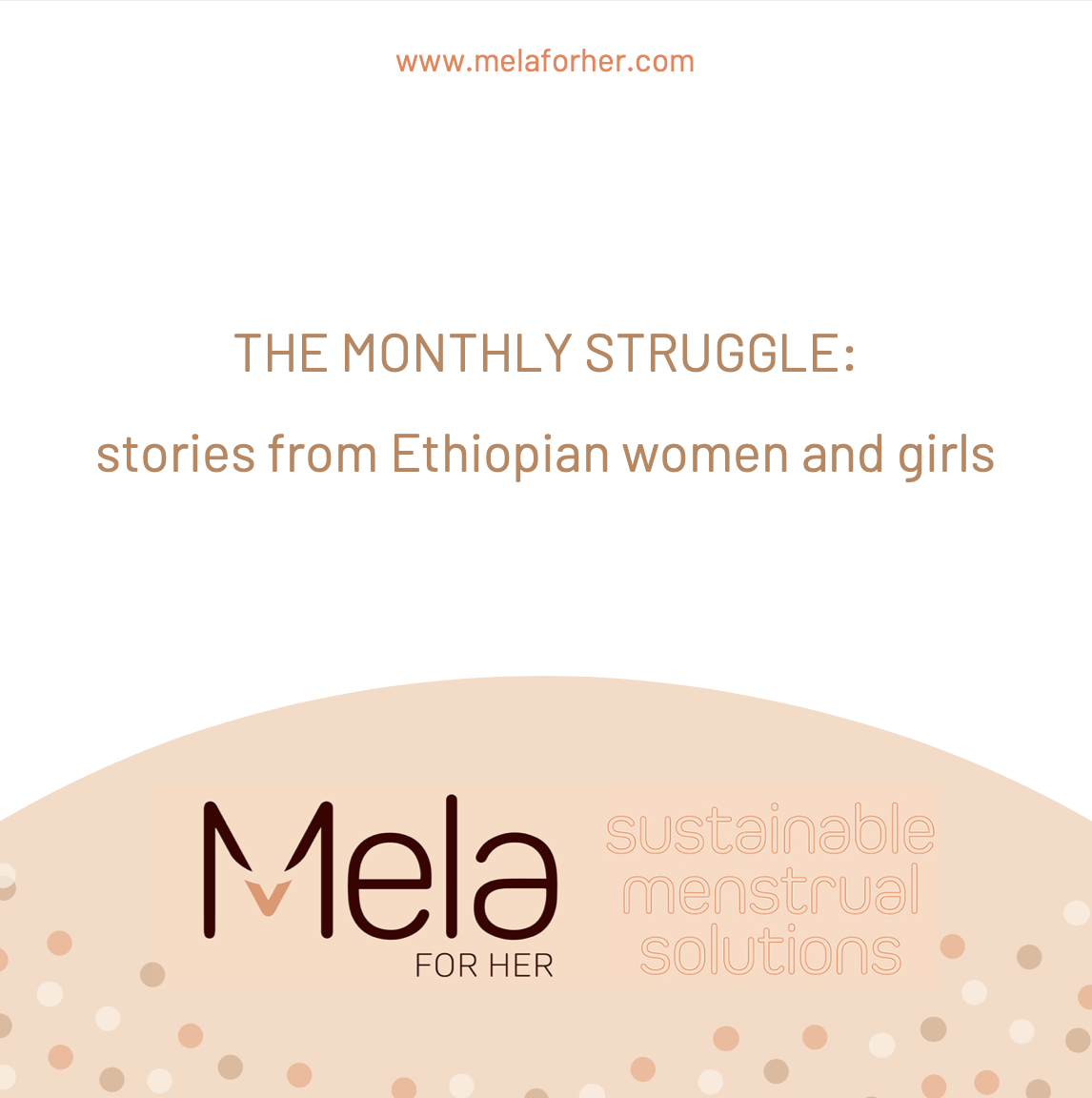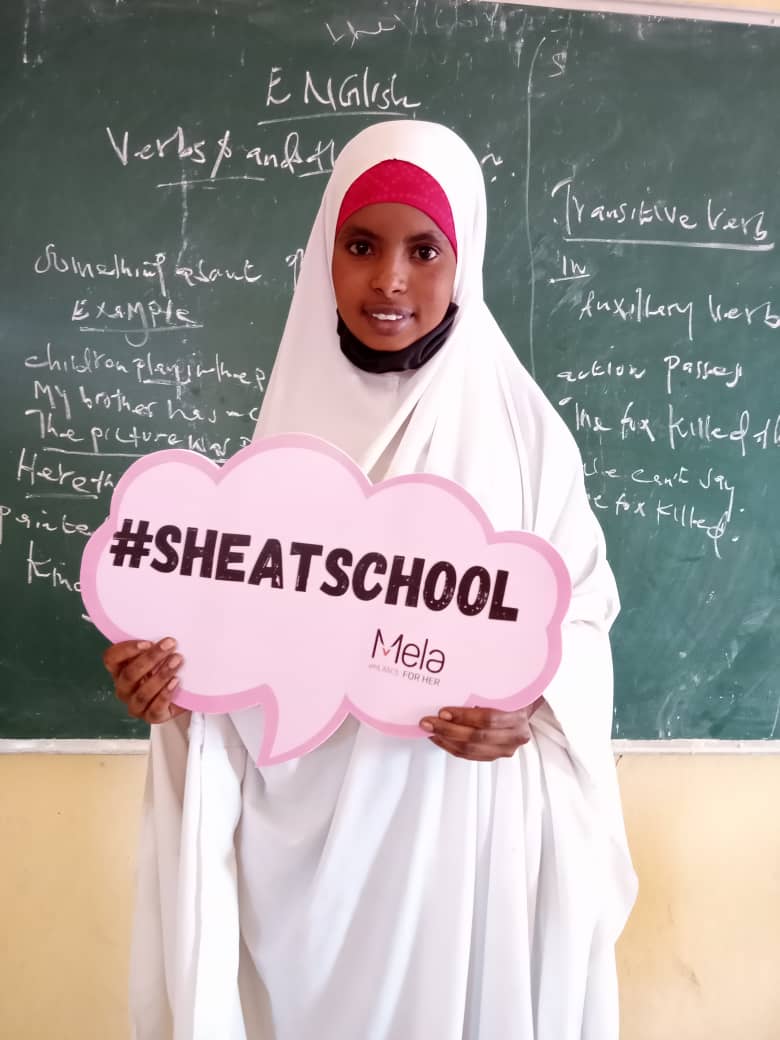Making period poverty visible
In most countries, there is limited evidence on menstrual health and hygiene. This contributes to keep period poverty invisible to the eyes of the decision-makers and the society in general. Gathering evidence and generating data is essential in order to understand better women and girls’ needs, and develop high-impact products and interventions that help them improve their menstrual experiences and ultimately, their lives. Data is also important to conduct evidence-based advocacy and, together with governments and institutions, improve the international and national policy landscape related to menstrual hygiene and health.

Case Stories
The monthly struggle: stories from Ethiopian women and girls
In 2020, MELA team travelled to Wolisso, in the Oromia region of Ethiopia, together with the local NGO Siqqe, to learn more about how women and girls living in rural areas were managing their periods.
Their testimonies and experiences inspired us to write this short document that aims to give visibility to their monthly struggle.
Baseline Report
Menstrual Hygiene and Health Assessment in the Somali Region of Ethiopia
This study is a pioneering effort to bring to light the numerous challenges that adolescent girls face while menstruating and the devastating impacts on their lives.
The study is one of the few MHH research conducted in the Somali Region of Ethiopia among pastoralists and semi-pastoralists communities. In addition, it puts into practice for the first time in Ethiopia a set of investigative tools that will hopefully guide future research in the sector.
The conclusions of the study will expectedly contribute to guide the efforts of local and regional governments as well as national and international development practitioners.

